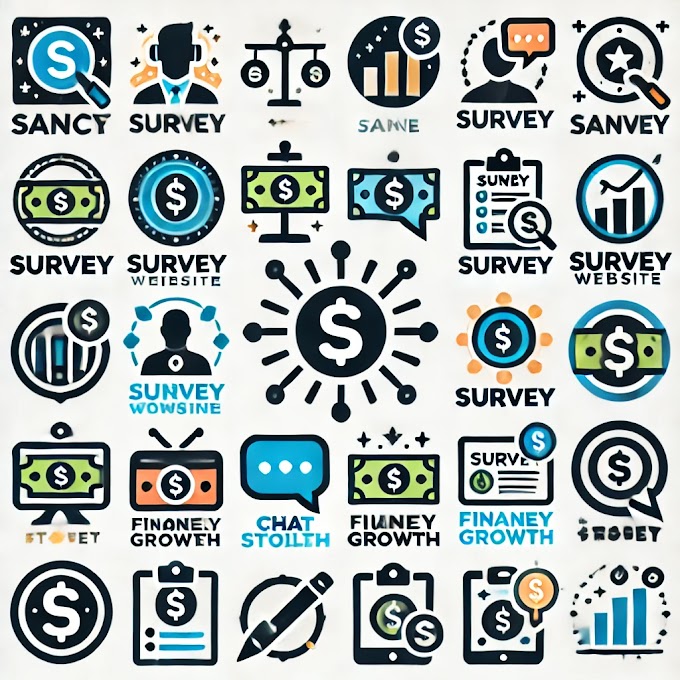Artificial Intelligence (AI) has become one of the most sought-after fields in technology, driving innovation across industries. For developers venturing into AI projects, choosing the right programming language is crucial. The "best" language depends on the project's specific requirements, such as scalability, speed, and the type of AI application being developed. Below, we explore some of the top programming languages for AI and their suitability for various use cases.
1. Python
Python is widely regarded as the go-to language for AI development, and for good reasons:
- Ease of Use: Python’s simple syntax makes it accessible for beginners and efficient for experienced developers.
- Rich Libraries: Libraries like TensorFlow, PyTorch, Keras, and scikit-learn simplify machine learning (ML), natural language processing (NLP), and computer vision tasks.
- Community Support: Python boasts a large, active community, ensuring abundant resources, tutorials, and forums for troubleshooting.
- Versatility: From data analysis with Pandas to deep learning with TensorFlow, Python supports a wide range of AI tasks. Python is ideal for rapid prototyping, research-focused projects, and applications like neural networks, image recognition, and NLP.
2. R
R is another popular choice, especially for AI projects that involve extensive statistical analysis or data visualization:
- Statistical Computing: Built for statistical tasks, R is highly effective in data analysis, regression modeling, and hypothesis testing.
- Visualization Tools: Libraries like ggplot2 and plotly enable the creation of advanced visualizations.
- Machine Learning: R has libraries like caret and mlr for implementing machine learning algorithms. While R is not as versatile as Python, it excels in data-driven AI projects in academia, research, and finance.
3. Java
Java is a robust, general-purpose language that is also used in AI:
- Platform Independence: Java's "write once, run anywhere" philosophy makes it highly portable.
- Stability and Scalability: Java is suitable for building large-scale AI systems, such as enterprise-level applications.
- AI Libraries: Libraries like Weka, Deeplearning4j, and MOA support AI and ML development. Java is often chosen for AI projects in enterprise settings, particularly when integrating AI into existing infrastructure.
4. Julia
Julia is a high-performance language gaining popularity in AI:
- Speed: Julia's speed rivals that of C and C++, making it ideal for computationally intensive tasks.
- Flexibility: It bridges the gap between easy-to-write dynamic languages like Python and fast static languages like C++.
- AI Libraries: Flux.jl and MLJ.jl are prominent libraries for machine learning and deep learning. Julia is a strong candidate for projects requiring speed, such as simulations and optimization problems.
5. C++
C++ is known for its performance and is often used in AI applications where speed and memory optimization are critical:
- Performance: Its low-level capabilities allow fine-grained control over system resources.
- AI Libraries: Libraries like Shark and Dlib support machine learning.
- Real-Time Applications: C++ is frequently used in robotics, game development, and real-time AI systems. However, C++ has a steep learning curve compared to Python and other languages.
6. Other Noteworthy Mentions
- MATLAB: Ideal for mathematical and statistical AI projects, especially in academia and research.
- JavaScript: Used for AI in web development with libraries like TensorFlow.js.
- Prolog: A logical programming language for rule-based AI systems like expert systems and chatbots.
Conclusion
The best programming language for AI depends on the project's requirements, team expertise, and performance needs. Python stands out for its versatility, rich ecosystem, and ease of use, making it the top choice for most AI projects. However, languages like R, Java, Julia, and C++ excel in specific scenarios. A thoughtful evaluation of your project’s goals will help you select the language that best aligns with your AI ambitions.



0 Comments